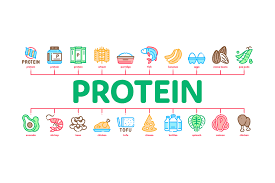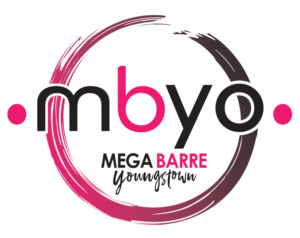
Protein is an essential building block for our bodies, playing a crucial role in muscle repair, immune function, and overall well-being. However, many of us fall short of meeting our daily protein needs. Whether you’re an athlete striving for peak performance or simply looking to stay healthy, here’s a guide to help you increase protein in your diet, both from animal and plant-based sources.
Calculating Your Protein Needs
Before you embark on your protein-rich journey, it’s essential to determine your individual protein requirements. A general guideline is to consume 0.36 grams of protein per pound of body weight (0.8 grams per kilogram). However, your needs can vary depending on factors like age, activity level, and fitness goals. For a more accurate calculation, consult a registered dietitian or nutrition expert.
Balanced Protein Sources: Animal and Plant-Based
- Animal-Based Protein:
- Lean Meats: Poultry, such as chicken and turkey, are excellent sources of lean protein. Opt for skinless cuts to reduce saturated fat intake.
- Fish: Fatty fish like salmon and trout provide high-quality protein and essential omega-3 fatty acids.
- Eggs: Eggs are a versatile protein source, and consuming both the whites and yolks offers a complete amino acid profile.
- Dairy: Greek yogurt, low-fat milk, and cheese are dairy sources packed with protein and calcium.
- Plant-Based Protein:
- Legumes: Beans, lentils, and chickpeas are plant-based protein powerhouses, rich in fiber and minerals.
- Tofu and Tempeh: These soy-based products are versatile, taking on the flavors of your favorite seasonings.
- Nuts and Seeds: Almonds, peanuts, and chia seeds are not only sources of protein but also healthy fats and fiber.
- Quinoa: This whole grain contains all nine essential amino acids, making it a complete plant-based protein.
Tips to Include More Protein in Your Day
- Balanced Meals: Aim for a balance of protein, complex carbohydrates, and healthy fats in each meal to keep you feeling satisfied and energized.
- Snack Smart: Incorporate protein-rich snacks into your day, such as Greek yogurt with berries, a handful of almonds, or carrot sticks with hummus.
- Protein Smoothies: Blend your favorite protein source, like whey or plant-based protein powder, with fruits and vegetables for a convenient, on-the-go meal.
- Meal Prep: Prepare protein-rich meals and snacks in advance to ensure you have healthy options readily available.
- Hydrate: Drinking enough water supports digestion and ensures your body can effectively utilize the protein you consume.
Protein-Packed Snack Ideas
- Greek Yogurt Parfait: Layer Greek yogurt with honey and fresh berries for a tasty and protein-rich snack.
- Hard-Boiled Eggs: Keep a batch of hard-boiled eggs in your fridge for a quick protein boost.
- Cottage Cheese with Fruit: Top low-fat cottage cheese with pineapple or peaches for a sweet and savory option.
- Edamame: Steam edamame and lightly salt for a protein-packed, satisfying snack.
- Hummus and Veggies: Dip raw carrot, cucumber, and bell pepper slices in hummus for a satisfying crunch.
Increasing your protein intake can provide numerous health benefits, from supporting muscle growth and recovery to helping control appetite and maintain a healthy weight. By incorporating both animal and plant-based protein sources into your diet and following these tips, you can ensure you’re meeting your daily protein needs while enjoying delicious and satisfying meals and snacks.


